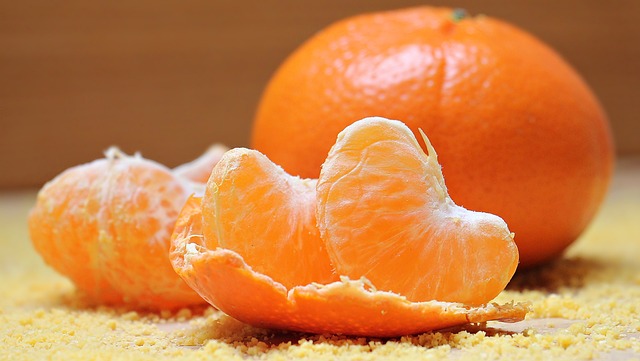The Ultimate Guide: Probiotics for Gut Health Explained
Probiotics have gained significant attention in recent years for their potential to improve gut health and overall well-being. These live bacteria and yeasts are known for their beneficial effects on the digestive system. In this ultimate guide, we will delve into the world of probiotics, understanding what they are, their benefits, and how to incorporate them into your daily routine.
What Are Probiotics?
Probiotics are live microorganisms that, when consumed in adequate amounts, confer health benefits to the host. These microorganisms are primarily bacteria, although some yeasts can also qualify as probiotics. Our gastrointestinal tract is home to trillions of bacteria, both good and bad. Probiotics are the beneficial bacteria that help maintain the delicate balance of our gut microbiota, which plays a vital role in digestion and overall health.
The Benefits of Probiotics for Gut Health
Probiotics offer a range of benefits for gut health and beyond. Here are a few key advantages of incorporating probiotics into your daily routine:
1. Improves Digestive Health
Probiotics help break down food, enhance nutrient absorption, and promote regular bowel movements. They are especially useful in alleviating symptoms of digestive disorders such as irritable bowel syndrome (IBS), bloating, and constipation.
2. Boosts Immune Function
The gut plays a crucial role in immune function, with approximately 70% of our immune system residing there. Probiotics strengthen the gut barrier, preventing harmful bacteria from entering our system, and stimulate immune cells to fight off infections.
3. Enhances Mental Well-being
Emerging research suggests a strong connection between the gut and the brain, known as the gut-brain axis. Probiotics can help improve mood, reduce symptoms of depression and anxiety, and enhance cognitive function.
4. Promotes Healthy Weight Management
Some probiotic strains have been shown to aid in weight loss and prevent obesity. They can increase the feeling of fullness, reduce fat absorption, and regulate appetite hormones.
How to Incorporate Probiotics into Your Diet
Probiotics are naturally present in certain foods and are also available as dietary supplements. Here are a few ways to introduce probiotics into your daily diet:
1. Yogurt
Yogurt is one of the most popular sources of probiotics. Look for yogurts labeled with live and active cultures. Opt for plain varieties without added sugars for maximum health benefits.
2. Kefir
Similar to yogurt, kefir is a fermented milk drink that contains a variety of probiotic strains. It has a tangy flavor and can be enjoyed on its own or used in smoothies and other recipes.
3. Sauerkraut
Sauerkraut is made by fermenting cabbage and is an excellent source of probiotics. Make sure to choose the unpasteurized version, as pasteurization kills beneficial bacteria.
4. Kimchi
Kimchi is a traditional Korean side dish made from fermented vegetables. It is rich in probiotics and adds a spicy kick to your meals. Incorporate it into stir-fries, rice bowls, or enjoy it as a standalone side dish.
5. Dietary Supplements
If you struggle to obtain enough probiotics from food sources, consider taking a high-quality probiotic supplement. Consult with a healthcare professional to determine the right supplement for your needs.
Conclusion
Probiotics are a valuable addition to a healthy diet and lifestyle. They offer numerous benefits, ranging from improved gut health to enhanced immune function and mental well-being. By incorporating probiotic-rich foods or supplements







